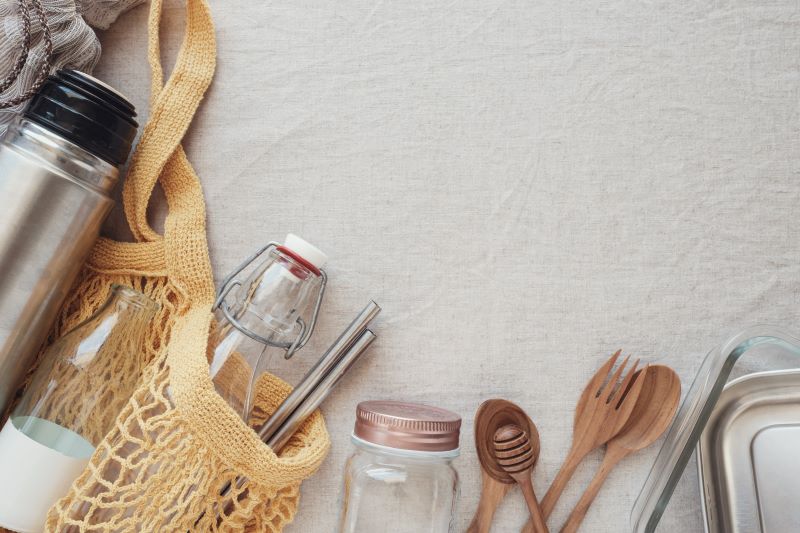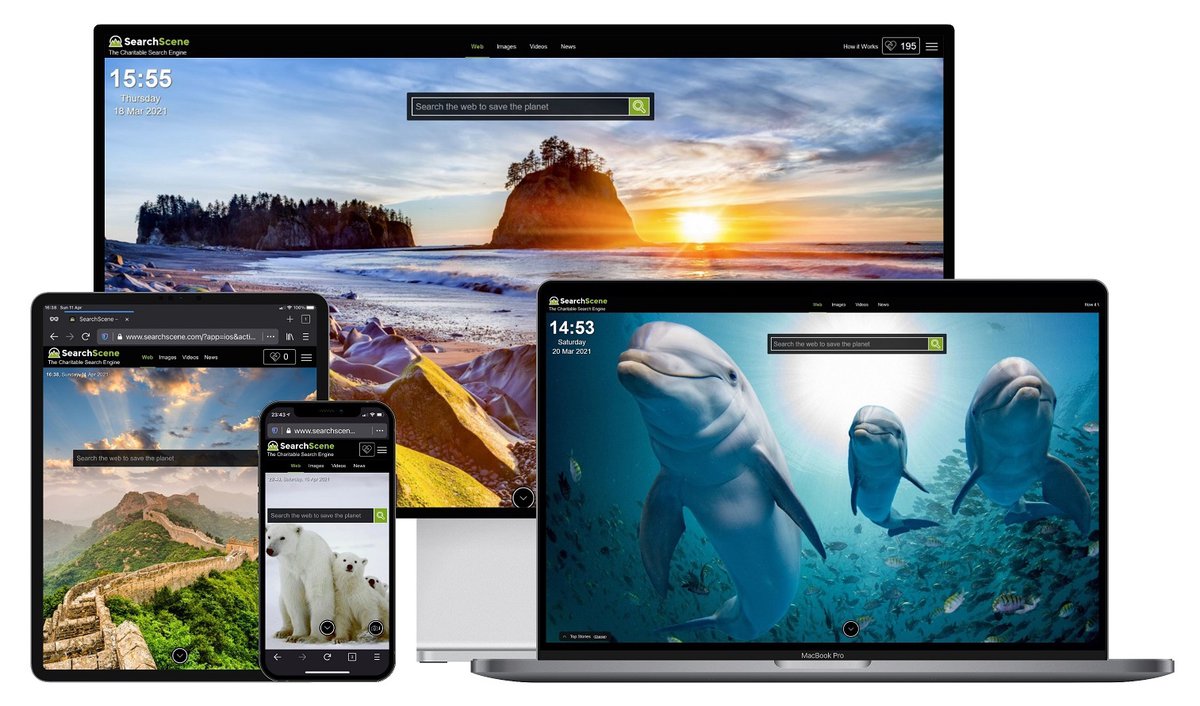10 Ideas for Plastic Free July and Beyond
- Categories:
- Climate Change
- Nature
- Oceans

If you are taking part in Plastic Free July or just looking to cut down on your plastic use, we’ve put together some ideas for how you can get involved in plastic-free July and try to keep these habits up in the future!
1. Purchase a reusable coffee cup
Takeaway coffee cups cannot be recycled because they are lined with plastic polyethylene (the material that makes them waterproof). Our first idea for Plastic Free July is therefore stop getting takeaway coffee cups
2. Find plastic-free alternatives for dental care
Another place where you will find single-use plastic is in your dental routine. It can be hard to remove plastic from your bathroom completely as most bristles are made from some form of plastic, but you can look at bamboo toothbrushes or buy a toothbrush with a replaceable head so you are not always having to replace the entire product.
There are also now some plastic-free alternatives to dental floss that you can explore if you are hoping to stop using plastic floss.
3. Find plastic-free alternatives to period products
As with your dental routine, those of us who have periods can look to find plastic-free alternatives for sanitary items! Many disposable tampons and towels will come with some form of plastic packaging.
There has been an explosion in popular alternatives recently, including reusable menstrual cups, period underwear and washable pads and liners.
4. Make your bathroom a single-use plastic free space
Sticking with the bathroom theme, there are other plastic-free swaps you can make to eliminate waste. Many shampoos and soaps are commonly available in bar form which negates the need for plastic packaging. You can also use a metal razor instead of one with plastic.
5. Try bulk food shopping at low-waste stores near you
Another common place where we use a lot of single-use plastic is in our grocery shop! So much food comes pre-packaged in plastic at supermarkets and it can be hard to shop sustainability. However, if you are lucky enough to have a low/zero waste shop near you with refillable options (and more of them are popping up), this can be a great place to get your food shop. Many have pasta, rice, lentils, grains and so on in jars for you to help yourself.
6. Buy loose fruit and veg!
On a similar note, make sure to start buying your fruit and vegetables loose! This is one food category that tends to be readily available loose, whether it’s from supermarkets, grocers or a corner shop, so this is a good habit to get into. And, if you are going shopping, remember to bring your reusable shopping bags!
7. Use alternatives to cling film for food storage
Clingfilm is another major culprit in the world of single-use plastic but it isn’t the only option for protecting your leftovers. There are many alternatives now, such as beeswax wrap and stretchy silicone lids.
8. Take part in a beach or park clean up
Plastic Free July is not just about what you buy or the products you own. You can also help remove plastic from our environment by taking part in a clean up, whether that’s at your local beach, park, or just nearby streets.
9. Take part in local/virtual events
A great way to feel like a part of Plastic Free July is to look out for events and find others interested in going plastic free in your community or online. This is a great way to meet like minded people and feel like you are a part of a bigger movement.
10. Campaign for large corporations to reduce their plastic waste
Our final idea for Plastic Free July is to really get involved in raising awareness and shouting about the issue of plastic pollution. We can all try our best individually, but it is estimated that just 20 international firms produce 55% of the world’s plastic waste. Campaign for these companies to reduce their plastic production, sign petitions, and support charities who are trying to reduce plastic production, like WWF.
We hope these Plastic Free July ideas have been useful for you! Here at SearchScene, we are proud to support charities like WWF – who are making great strides in this area – by donating 95% of our profits to charity.










